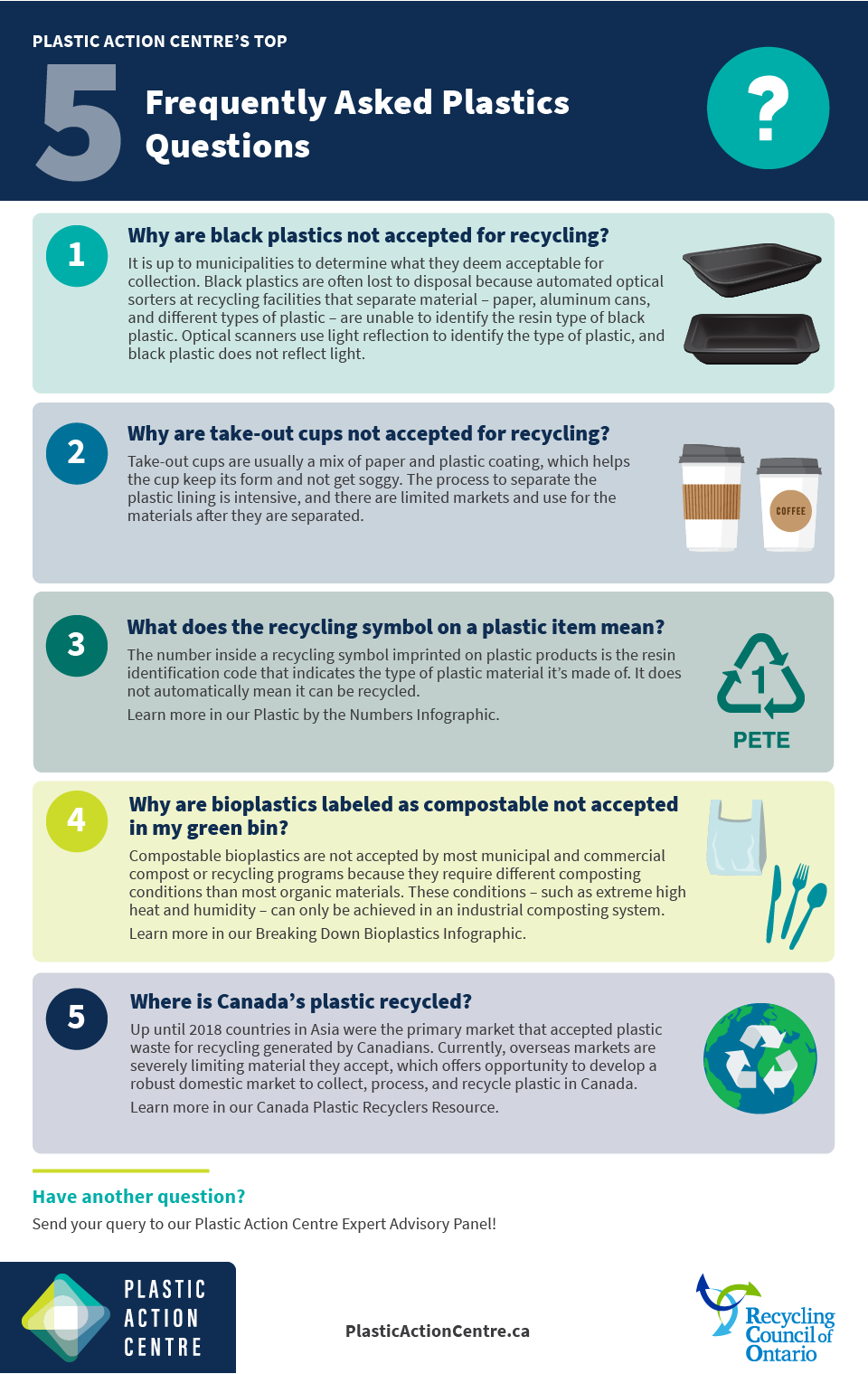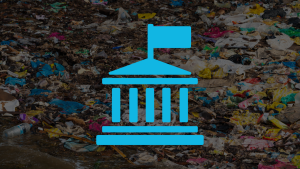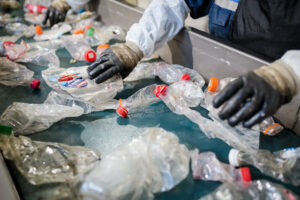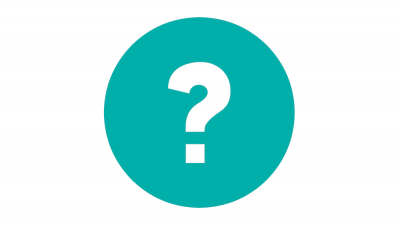- Recycling
- Standards and Certification
- Public Consultation
- Take Action
- National
Top 5 Frequently Asked Questions
Since launch in May 2019, the Plastic Action Centre has received many questions through our Ask an Expert form. To celebrate the first anniversary of Canada’s Plastic Action Centre, we are sharing our top five frequently asked plastics questions.

1. Why are black plastics not accepted for recycling?
It is up to municipalities to determine what they deem acceptable for collection. Black plastics are often lost to disposal because automated optical sorters at recycling facilities that separate material – paper, aluminum cans, and different types of plastic – are unable to identify the resin type of black plastic. Optical scanners use light reflection to identify the type of plastic, and black plastic does not reflect light.
2. Why are take-out cups not accepted for recycling?
Take-out cups are usually a mix of paper and plastic coating, which helps the cup keep its form and not get soggy. The process to separate the plastic lining is intensive, and there are limited markets and use for the materials after they are separated.
3. What does the recycling symbol on a plastic item mean?
The number inside a recycling symbol imprinted on plastic products is the resin identification code that indicates the type of plastic material it’s made of. It does not automatically mean it can be recycled. Learn more in our Plastic by the Numbers Infographic.
4. Why are bioplastics labeled as compostable not accepted in my green bin?
Compostable bioplastics are not accepted by most municipal and commercial compost or recycling programs because they require different composting conditions than most organic materials. These conditions – such as extreme high heat and humidity – can only be achieved in an industrial composting system. Learn more in our Breaking Down Bioplastics Infographic.
5. Where is Canada’s plastic recycled?
Up until 2018 countries in Asia were the primary market that accepted plastic waste for recycling generated by Canadians. Currently, overseas markets are severely limiting material they accept, which offers opportunity to develop a robust domestic market to collect, process, and recycle plastic in Canada. Learn more in our Canada Plastic Recyclers Resource.




